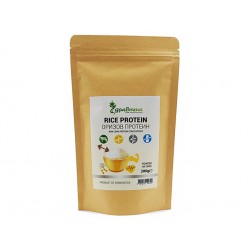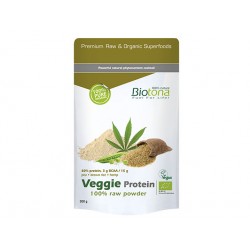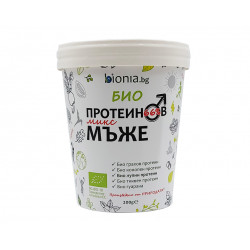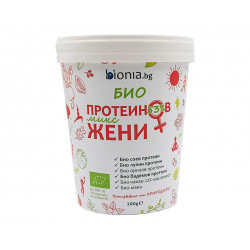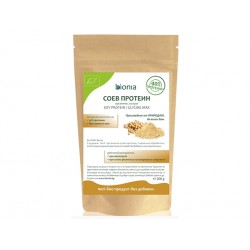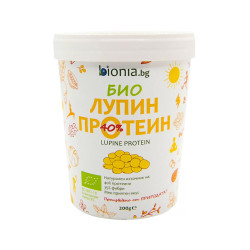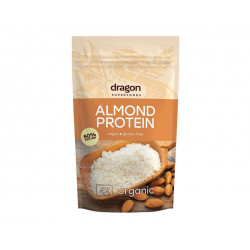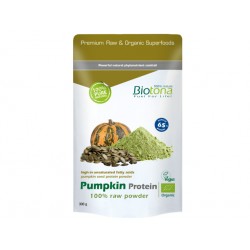Protein tends to play a major role during meals, but it will be good if it doesn't become a fixed idea as you eat and play a supporting role on your plate.
Studies show that people in different parts of the world get more protein than they need. This is due to the excessive use of foods of animal origin such as meat, poultry and eggs.
However, protein is an important part of your diet. Intake extra protein will help you build more muscle and make you stronger. Intake more protein is recommended when you have gained more body fat.
How much protein is enough?
Older people are encouraged to get 10 to 35% of their calories by eating protein foods. This is about 46 grams of protein for women and about 56 grams for men.
This is not difficult to get if you eat 2-3 times a day with foods rich in protein. Of course, some requirements must be met.
- A small piece of meat (30 g) contains about 21 g of protein. A typical steak (200 g) can have over 50 g of protein.
- 200 g of yogurt contains 11 g of protein.
- When drinking 1 glass of milk, your body receives 8 g of protein.
- 100 g of dried beans contain 16 g of protein.
People with special needs for protein
Not everyone needs more protein. There are several groups that need to pay special attention to protein intake.
Pregnant women and nursing mothers
According to scientific studies, pregnant women need about 10 grams of protein than before pregnancy. Breastfeeding women need 20 grams more protein to support milk production. It is enough to eat 1 cup of yogurt to get 10 grams of protein, so your diet will not be particularly disturbed. It is recommended for pregnant women to take low-fat dairy products. In this way, in addition to protein, the body will receive calcium and vitamin D, which are important for the health of the bones of the mother and baby.
Athletes
Most sports involve physical exertion. Protein intake is directly related to the length, frequency and intensity of training. The most resilient athletes, such as marathoners, need about 50% more protein than people who do not exercise. It is important to know that it is possible to get enough protein from food alone by following a strict diet. In this case, you will not need to take additional supplements.
Vegetarians
People who do not eat foods of animal origin should focus on the consumption of beans, peas and whole grains. They are a great source of protein. Vegetables, nuts and seeds also contain small amounts of protein. Vegetarians may have a protein deficiency. In this case, it is necessary to carefully select the food so that they can get them.
The best sources of protein
It is recommended to choose lean forms of protein, thus reducing the risk of fat accumulation. Animal sources include red meat, skinless poultry, skimmed or low-fat dairy products and fish.
Soy foods are also preferable - tofu, peeled soy nuts, roasted soy nuts. They are a good substitute for meat on the menu of vegetarians.
Most people benefit from consuming less processed proteins - bacon, hodgepodge, some meats. It is better to include in your menu the consumption of beans and fish several times a week. Beans and whole grains are some of the healthiest foods, they are not expensive and there is less danger of gaining weight.




